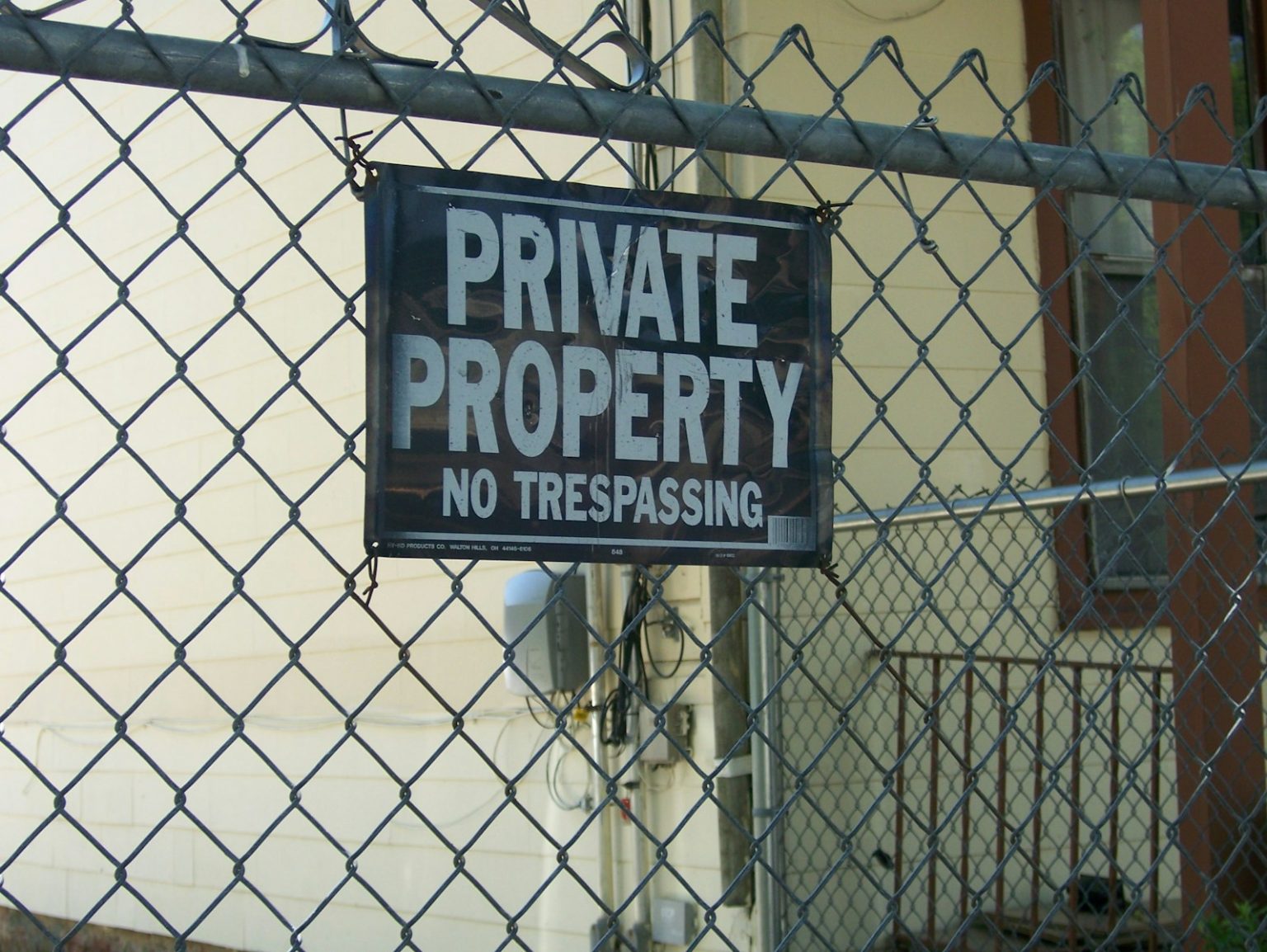The Shadow Side of Private Choices
This incident forces us to confront an uncomfortable question: Would we make the same choices in darkness if we knew they might suddenly be illuminated for all to see? The answer might change our behavior dramatically.
Consider the small compromises we make when we think no one is watching:
- The white lie on a resume
- The inappropriate comment about a colleague
- The corner cut on a project when deadlines loom
- The promise broken when it becomes inconvenient
Each seems minor in isolation, but these choices form patterns that shape our character. And in today’s connected world, the line between private and public has never been thinner.
Even more importantly, what do we choose to do in darkness when we think nobody is watching? Would we make that same choice if we knew it was suddenly brought to light and went public?
View this post on Instagram
Living in Glass Houses
I’m not writing this from a position of moral superiority. I can’t think of anyone who hasn’t done something they’d be ashamed to have broadcast to the world. We all live in glass houses, which should make us cautious about the rocks we throw.
While I’ve never had an affair and hope I never will, I’ve certainly made mistakes and poor choices I wouldn’t want publicized. That’s the human condition. The only person I can think of who might be exempt from this universal truth was Jesus – the rest of us are flawed and fallible.
What makes this kiss cam incident so compelling is not the specifics of what happened, but how it mirrors a fear we all share: being exposed. In an age of smartphones, social media, and constant surveillance, our margin for error has shrunk dramatically.
A Better Standard for Decision-Making
This incident offers us a valuable framework for making better choices. Before taking an action, ask yourself:
- Would I be comfortable with this decision being known by everyone in my life?
- Would I make this same choice if I knew it would be front-page news?
- Does this action align with the person I claim to be?
This isn’t about living in fear of exposure, but about integrity – having our private actions match our public values. The world would indeed be better if we all lived with this awareness.
The sobering reality is that in our digital age, the distance between a private compromise and a public spectacle is shorter than ever. What happens in Vegas – or at a Coldplay concert – doesn’t necessarily stay there anymore.
A Challenge for the Week Ahead
As you move through your week, I challenge you to consider those quiet compromises before you make them. The best protection against the fear of exposure is to live in such a way that you have nothing to hide.
This doesn’t mean perfection – we’re all human. But it does mean being mindful that our character is built in those private moments when no one is watching. Or at least, when we think no one is watching.
The next time you’re faced with a choice that you’d rather keep hidden, remember the kiss cam. It might just save you from becoming the next cautionary tale about what happens when years of quiet compromise suddenly go public.







